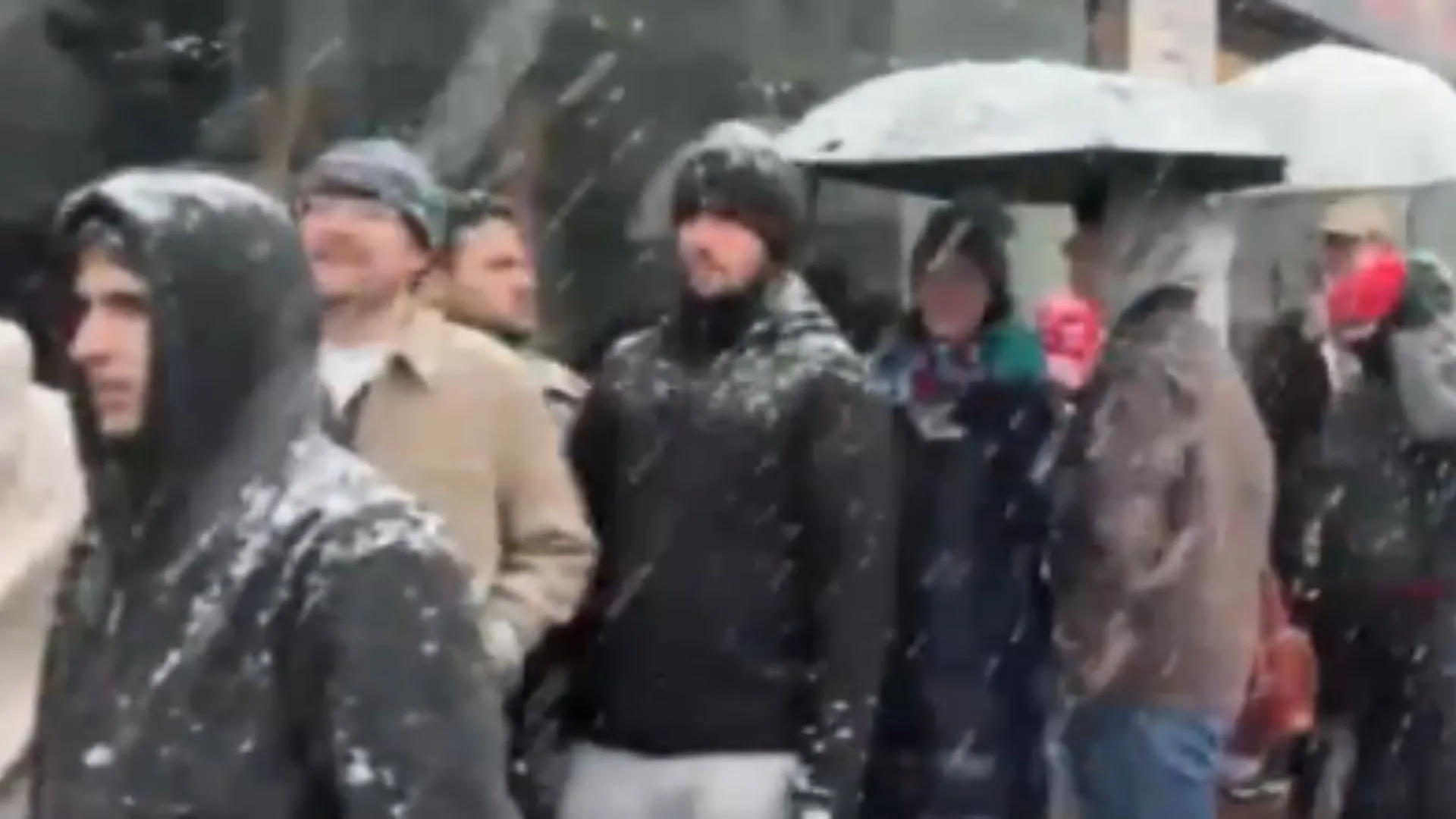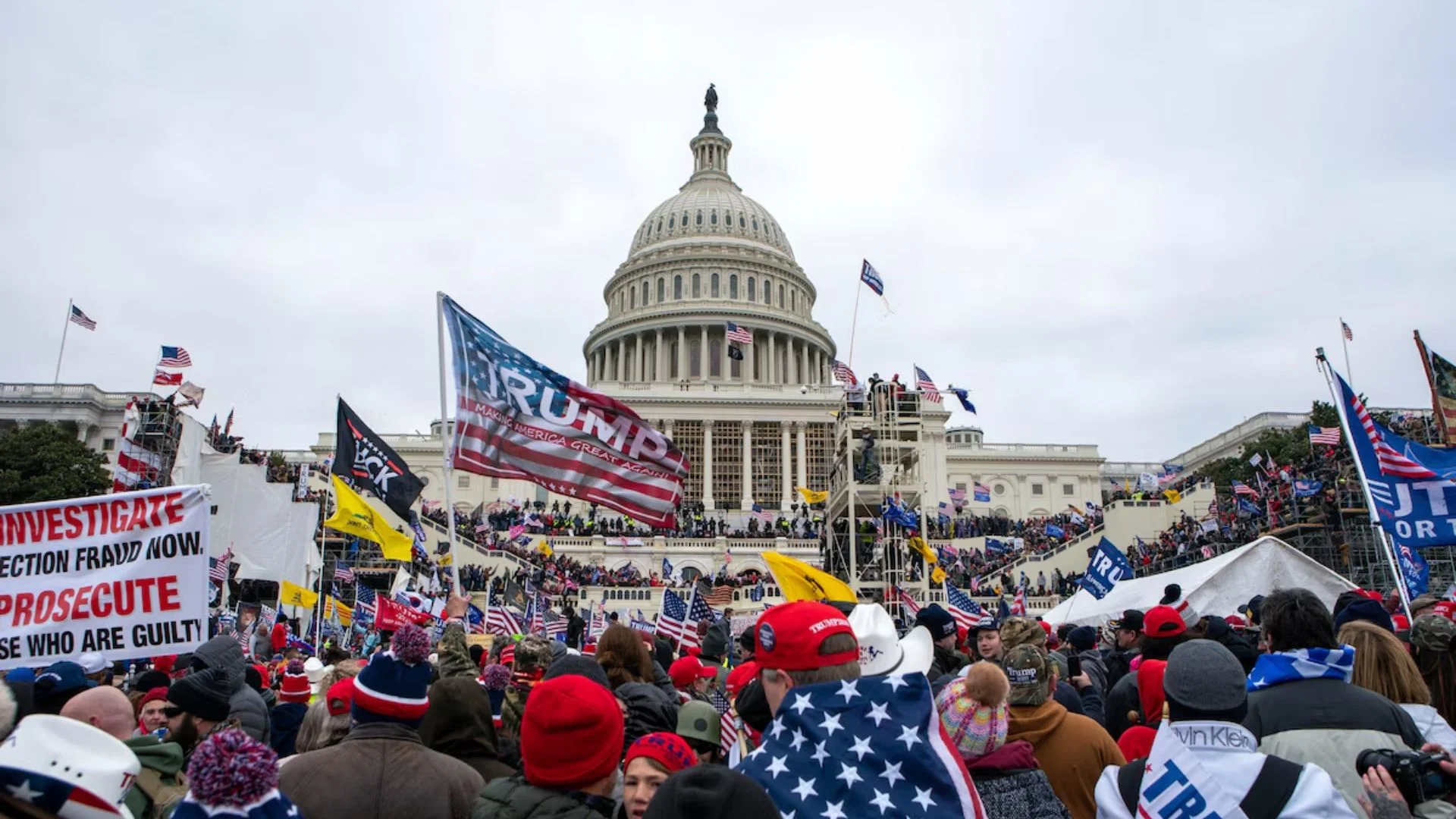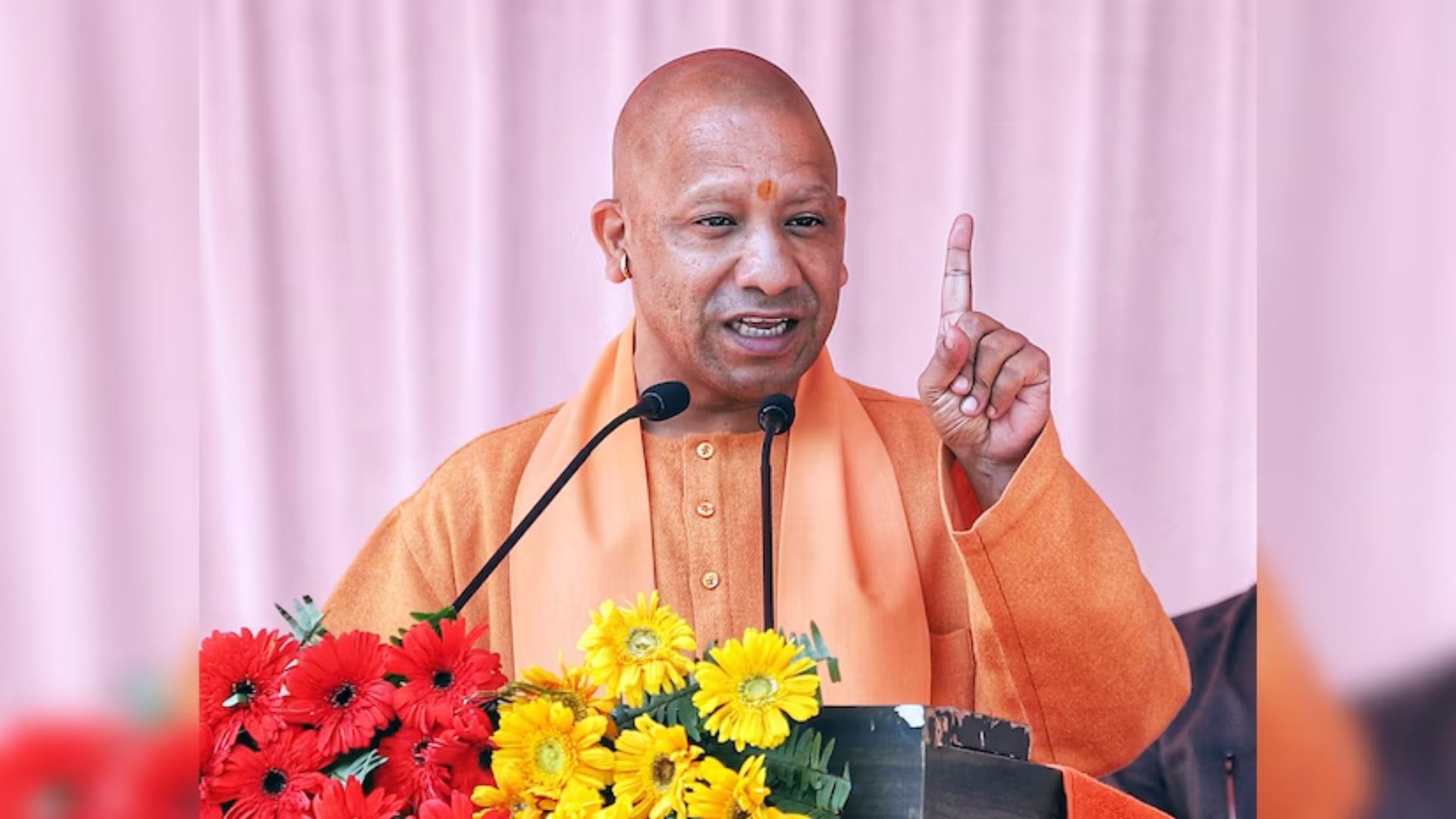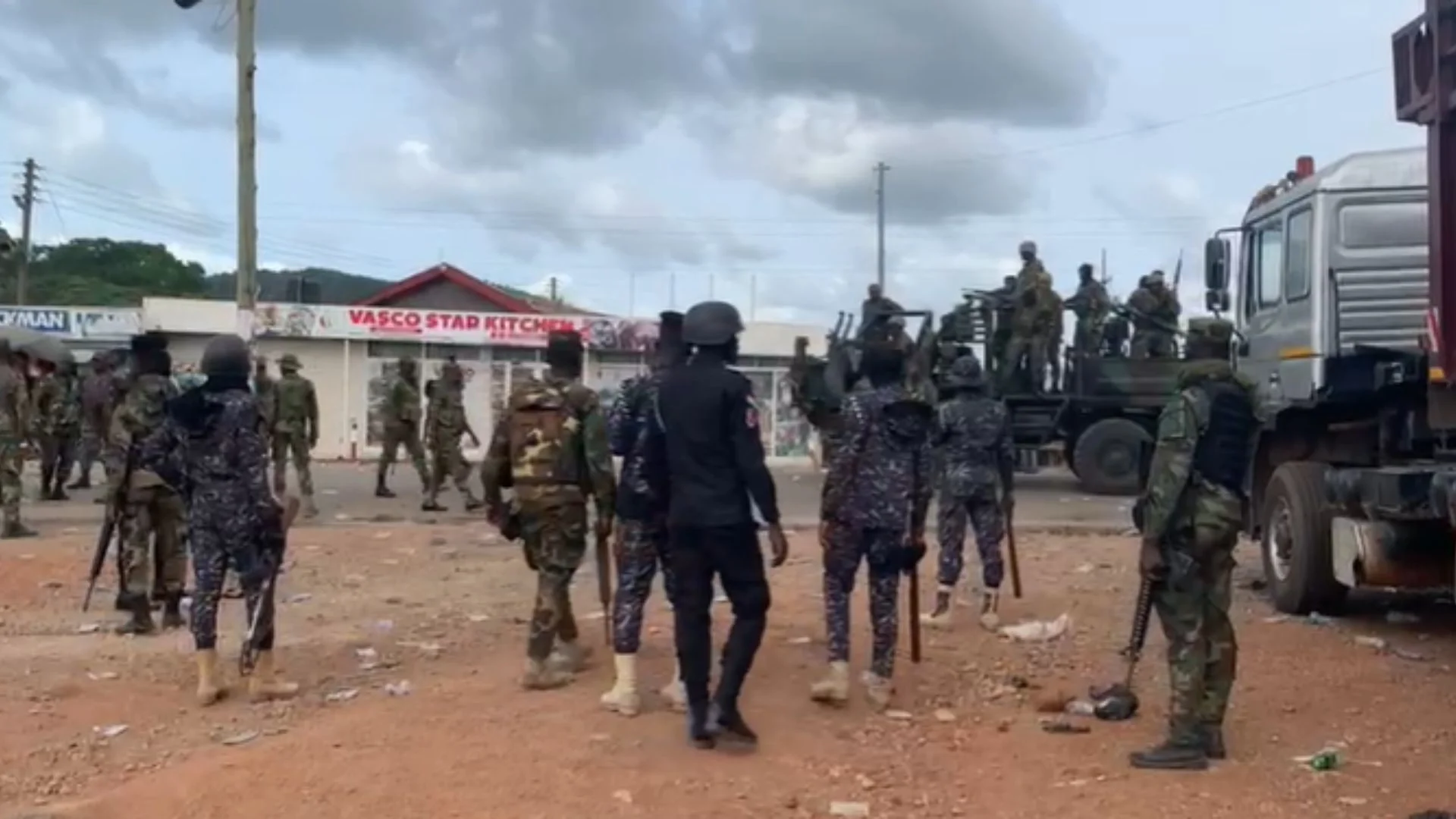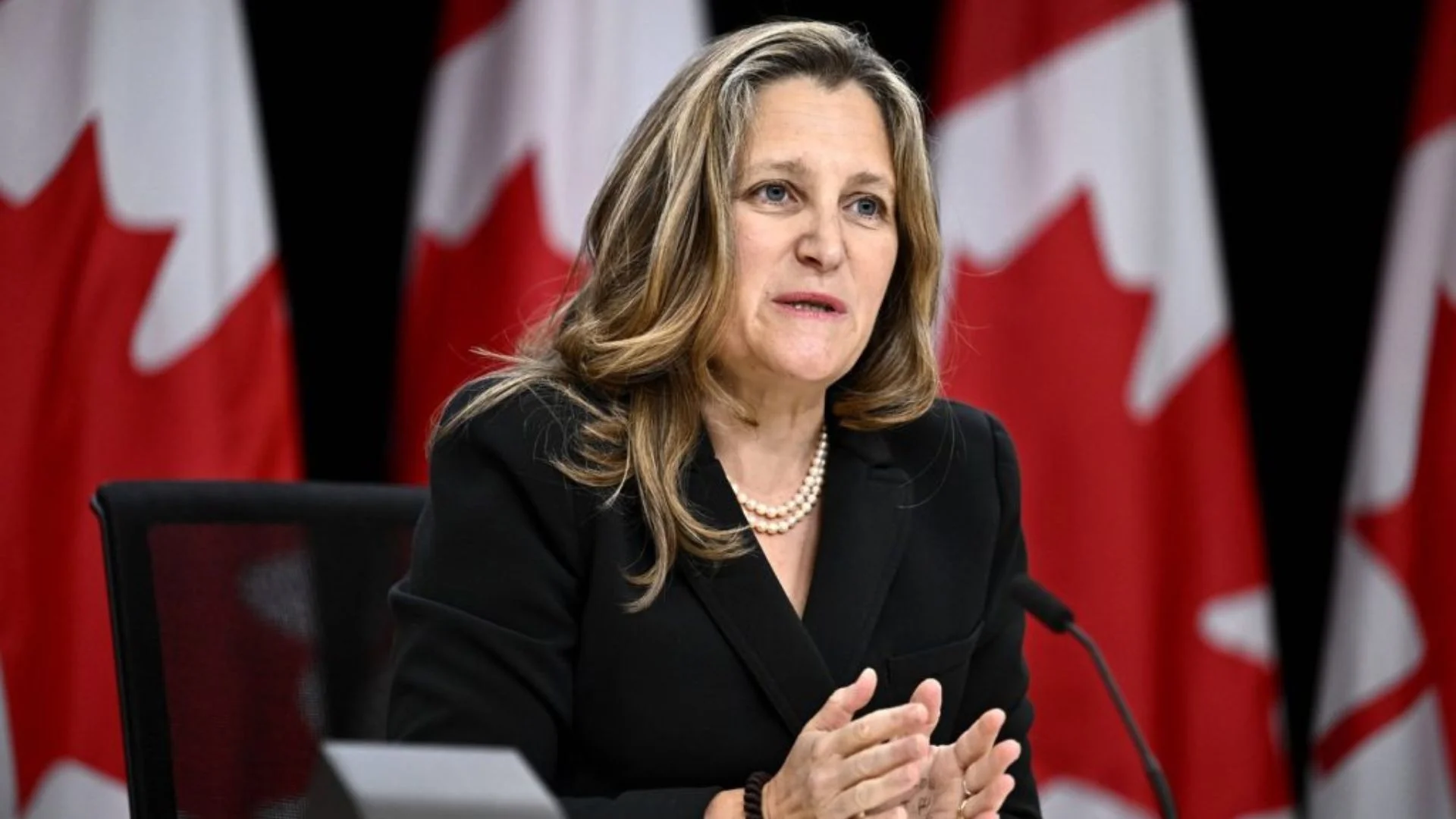As India is witnessing a surge in cases of “highly transmissible” Omicron variant, Hyderabad-based Bharat Biotech has submitted the phase 3 clinical trial application to the Drugs Controller General of India (DCGI) to get approval for the booster dose of their intranasal COVID-19 vaccine named ‘BBV154’, as per sources.
Sources told ANI that Bharat Biotech in an application has said, “We have submitted phase 3 clinical trial application to DCGI. An intranasal vaccine as a booster dose will be easier to administer in mass vaccination campaigns. Intranasal vaccines have the potential to prevent against transmission.” According to sources, the application was submitted by Bharat Biotech on December 15 for its booster dose of their intranasal COVID-19 vaccine that can be given to Covaxin and Covishield vaccinated people.
The company is hoping for early approval for the trails of the intranasal COVID-19 booster given the fast spread of the Omicron variant, denoted as B.1.1.529. Bharat Biotech is the second company to submit an application for phase 3 clinical trial for the third dose in India. Explaining the need for a booster dose, Dr Dhiren Gupta, Senior Paediatrician at Sir Ganga Ram Hospital said, “This may have some protective value. Many of our Indian population was infected with Delta variant.”
According to Dr Gupta, a booster dose should be prioritized for people who were not infected with the Delta variant previously and received a second dose of vaccine 6 months back and those who are high risk especially front line workers with uncontrolled comorbidities.
“When people get vaccinated, the next seven to ten days makes them more vulnerable to more serious symptoms of wild covid infections (if they acquire wild infection). Therefore during the peak of the Covid wave, it’s risky to take vaccine (more chances to get wild covid infection due to crowding at vaccine centres). In the second wave of the pandemic, people panicked during active infection and started getting themselves vaccinated. Many who got wild infection within seven days of vaccine had little more severe symptoms. Another two to 4 weeks time is the safe time to take a booster. Vaccines also take at least 2 weeks to develop its response.”
Dr D.S. Rana, Chairman of Sir Ganga Ram Hospital said, “We do not forget to follow a proven period of COVID, that is, wearing masks washing your hands and keeping social distance. We must get the vaccination and those who got only the first dose should take their second dose. At a moment when the government declares to give booster dose, then we must get the booster dose.” India has reported 161 Omicron cases so far, informed Union Home Minister Mansukh Mandaviya today.








